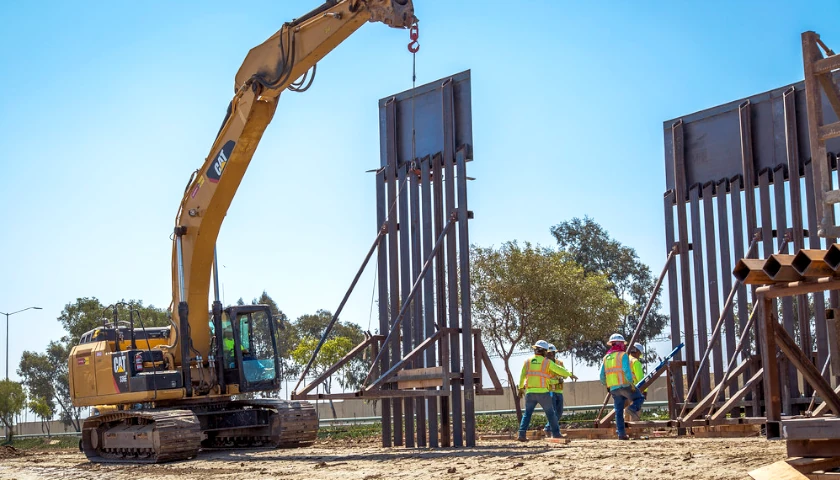by J.D. Davidson
Ohio could pocket more than $11 billion if Congress moves forward with passage of an infrastructure compromise bill spearheaded by U.S. Sen. Rob Portman, R-Ohio.
The $1.2 trillion Infrastructure Investment and Jobs Act passed the Senate on Tuesday, 69-30. The bill still must pass the House.
“America’s infrastructure is in desperate need of repair, and today’s vote brings the American people closer to more efficiency and safety in their roads, bridges, ports and other important assets,” Portman said after the vote. “In addition, the Infrastructure Investment and Jobs Act will create jobs, increase productivity and pave the way for decades of economic growth and prosperity – all without raising taxes or increasing inflation.”
Portman recently gathered a bipartisan group of lawmakers to work out a compromise, whittling down President Joe Biden’s initial multitrillion-dollar plan that some criticized dealt more with social programs than the nation’s infrastructure.
“It makes sense to the point that two different polls, each a couple of months apart over the last few months, have said that 87 percent of the American people support this effort,” Portman said last week. “And again, it’s no wonder. When we go home, we all hear about it. And despite the popularity of it and the need for it, Washington hasn’t been able to get it done. This time we’re going to get it done.”
Portman’s compromise provides $550 billion in new spending, making it what the outgoing senator called the largest investment in core infrastructure in the country’s history.
According to the White House, Ohio received a C- grade on its infrastructure report and stands to gain at least $11 billion for projects surrounding the act.
Ohio expects to receive $9.2 billion for federal highway programs and another $483 million for bridge replacement and repairs over the next five years. It also can compete for another $12.5 billion in bridge funding, as well as another $16 billion dedicated for major projects that would mean substantial economic benefits.
The state also should receive an additional $1.2 billion over five years to improve public transportation and another $140 million over the same time period to expand the electric vehicle charging network across the state.
The White House also said the state is expected to receive a minimum of $100 million to help provide broadband coverage across the state.
– – –
J.D. Davidson is regional editor of The Center Square.




